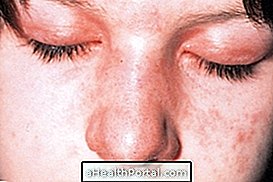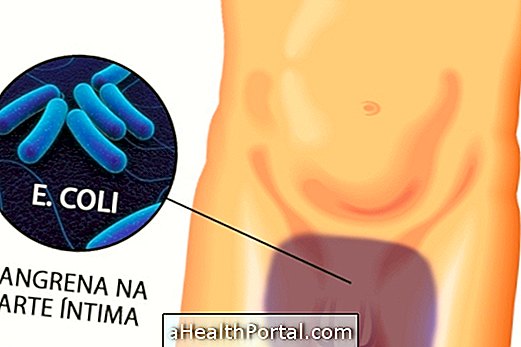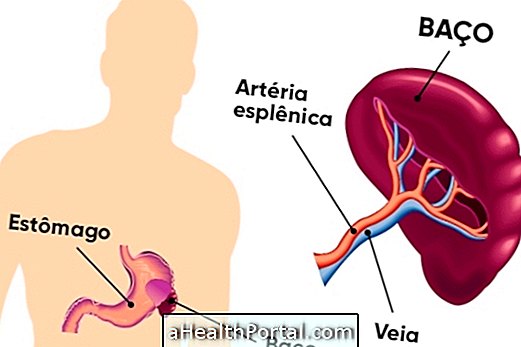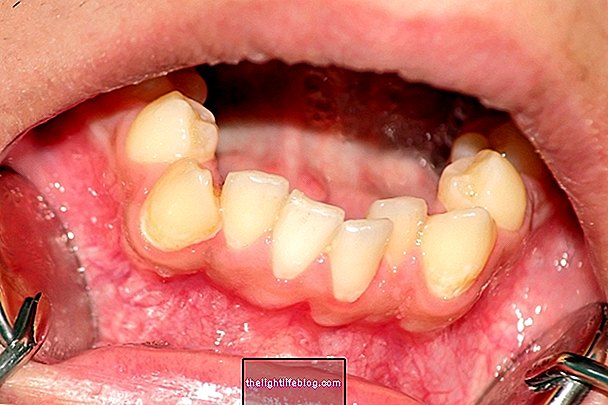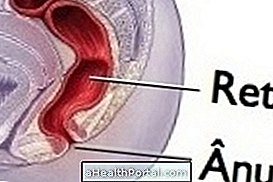CRION is a rare disease that causes inflammation of the nerve of the eyes, causing intense pain in the eyes and loss of vision. Its diagnosis is defined by the ophthalmologist when these symptoms are not accompanied by other diseases, such as sarcoidosis, for example, that may justify degeneration in the optic nerve and loss of vision.
Generally, the patient with CRION presents periods of worsening of the symptoms, in crises, which last about 10 days and then disappear, and may reappear after a few weeks or months. But vision loss usually does not regress even after the crisis has passed.
CRION does not have a cure, but seizures can be treated with corticosteroid medicines, so as not to aggravate the injury and it is therefore recommended to go to the hospital immediately when the pain starts.
Symptoms of CRION
The main symptoms of recurrent chronic inflammatory optic neuropathic disease include:
- Severe eye pain;
- Decreased ability to see;
- Pain that worsens when moving the eye;
- Feeling of increased pressure in the eye.
Symptoms can occur in only one eye or affect both eyes without visible changes in the eye such as redness or swelling, as the disease affects the optic nerve that is in the back of the eye.
Treatment for CRION
Treatment for chronic recurrent inflammatory optic neuropathic disease should be guided by an ophthalmologist and is usually done by injecting corticoid-based remedies such as Dexamethasone or Hydrocortisone directly into the vein to prevent worsening of vision and relieve pain caused by the disease.
In addition, your doctor may recommend taking a daily dose of corticosteroids in a tablet to increase the period without symptoms and prevent progressive worsening of vision.
Diagnosis of CRION
The diagnosis of recurrent chronic inflammatory optic neuropathic disease is usually made by an ophthalmologist through observation of the patient's symptoms and clinical history.
However, in some cases, diagnostic tests such as MRI or lumbar puncture may also be necessary to eliminate the possibility of diseases that cause loss of vision, eye pain or a sensation of pressure increase, thus confirming the diagnosis of CRION .
